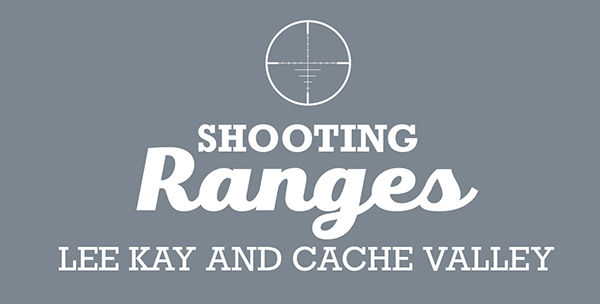Rules for commercial hunting areas
Generally, it is prohibited to release any animal into the wild, including pen-reared gamebirds. However, there are some exceptions for training dogs or falconry birds, as well as for permitted field trials and permitted commercial hunting areas.
For the public
Commercial hunting areas within Utah offer additional upland game hunting opportunities outside of the general upland game seasons. CHAs are areas on private land where hunters can pursue released pheasants, partridges and quail. CHAs generally charge an access and per-bird fee.
Commercial hunting area seasons can run from Sept. 1 to March 31. Open dates can vary by commercial hunting area. Contact the CHA operator for more information hours, prices, species available, reservations, etc.
View a map of commercial hunting areas in Utah that are open to the public.
Commercial hunting areas are private businesses that are regulated, but not affiliated with nor endorsed, by the Utah Division of Wildlife Resources.
Hunter education or a trial hunting authorization is required to hunt on a commercial hunting area.
For operators
Note that under the pen-reared gamebird rule as revised in 2023, a commercial hunting area COR only permits release of pen-reared gamebirds. A separate permit for a commercial gamebird facility is required from the Utah Department of Agriculture and Food if your facility houses over 1,000 pen-reared gamebirds. A gamebird personal possession permit is required for 1,000 or fewer pen-reared gamebirds.
A commercial hunting area COR is required to release pen-reared gamebirds for put and take hunting operations. Commercial hunting areas can also host field trials without additional permitting.
Additional details
- Operators are responsible for knowing the laws surrounding the operation of commercial hunting areas. Those laws are contained in DWR Administrative Rule R657-4.
- The Wildlife Document for a commercial hunting area pen-reared gamebird release is valid for three years from the date of issuance. However, an annual report and fee is required at the close of the season every year. The COR is subject to cancellation if the annual report and fee are not received by the DWR.
- An operator, their employees, customers or volunteers may release pen-reared gamebirds as specified on their COR within the designated commercial hunting area for hunting or training activities during established commercial hunting area season dates.
- The operator must have an invoice or bill of sale available for inspection showing lawful personal possession or ownership of such birds, or documentation that birds were propagated on site. Customers must also be provided with a bill of sale.
- Pen-reared gamebirds may be released without a durable marking within designated commercial hunting area boundaries.
- After release, pen-reared gamebirds may be taken on the designated property. Pen-reared gamebirds that leave the designated commercial hunting area boundaries shall become the property of the state and may not be taken outside of the designated commercial hunting area boundaries, except during legal hunting seasons as specified in the upland game or waterfowl guidebooks.
- Pen-reared gamebirds released must meet disease requirements before release and be healthy, capable of flight, free of disease and suitable for human consumption.
- Boundaries must be marked every 300 yards.
- The minimum size of a CHA is 160 acres. The maximum size is 5,760 acres.
- General season dates are Sept. 1 to March 31. Extended dates can be requested for field trials only.
- Wild birds found within commercial hunting areas can only be hunted during seasons as outlined in the Utah upland game or waterfowl guidebooks.
- The U.S. Fish and Wildlife Service has additional requirements for captive migratory birds (waterfowl), including an additional permit. See https://www.fws.gov/service/3-200-9-waterfowl-sale-and-disposal









